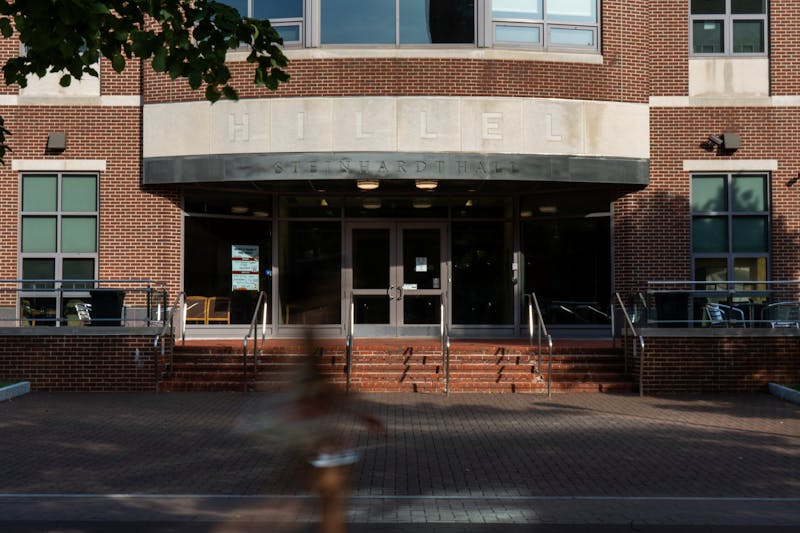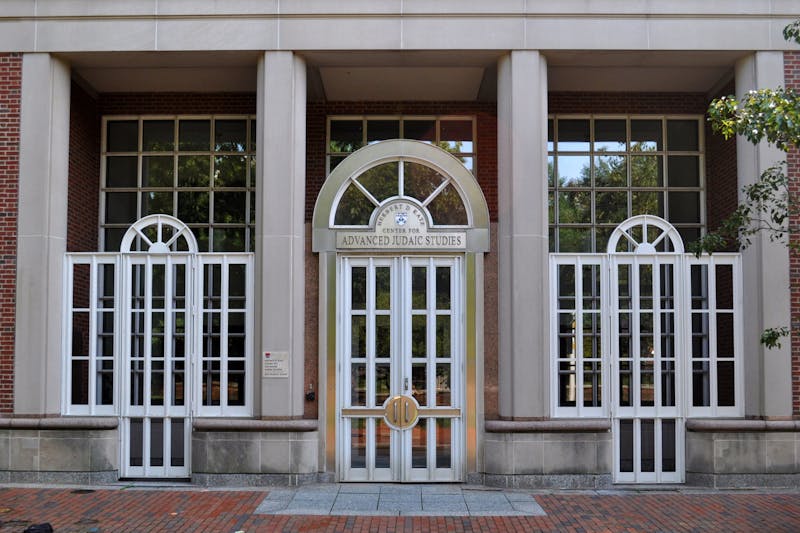
Guest Columnist Raheem Williams recommends three books for the Penn community to engage with this Black History Month.
Credit: Mali AyalaDear Fellow Quakers,
As we celebrate Black History Month, it's crucial to recognize the multifaceted nature of the Black American experience. This month offers an opportunity to delve into the depths of history: exploring narratives that challenge, inspire, and provoke thought. In the spirit of true academic inquiry and in honor of this significant month, I wish to highlight a selection of works by Black authors whose perspectives might diverge from the more commonly embraced interpretations of Black history and culture.
Dr. Thomas Sowell's "Black Rednecks and White Liberals" is an indispensable contribution to our understanding of African American culture. Sowell's analysis traces the cultural and historical influences that have shaped the Black experience in America, offering insights that are both provocative and enlightening. This book is a must-read for anyone interested in exploring the complex genesis of Black American identity beyond conventional narratives.
"Up from the Projects" by Dr. Walter E. Williams, a former Philadelphia native, narrates the compelling story of a Black scholar's ideological evolution amidst America's racial upheavals. Williams's autobiography is not just a personal memoir; it's a testament to the power of ideas and the possibility of change in the face of adversity. His journey from the projects to becoming a celebrated public scholar challenges us to reconsider the perceived limits on Black social mobility within America.
Jason Riley's "Please Stop Helping Us: How Liberals Make It Harder for Blacks to Succeed" critically examines the impact of well-intentioned social policies on racial disparities. Through meticulous analysis, Riley questions the efficacy of these programs, urging a reassessment of our approaches to addressing inequality. His work serves as a crucial counterweight to prevailing discussions on race and policy.
In recommending these texts, my intention is not to endorse every opinion expressed by the authors, but to underscore the importance of engaging with a diversity of viewpoints. These authors challenge us to look beyond the prevailing orthodoxy and to question the narratives that have become commonplace within academic circles. They remind us that the Black American experience, like any aspect of human history, is richly diverse and complex.
As members of an academic community that prides itself on intellectual rigor and openness, it is our responsibility to explore a broad spectrum of perspectives, especially those that provoke debate and reflection. Let us take this Black History Month as an opportunity to broaden our horizons, engage with ideas that challenge us, and appreciate the rich tapestry of narratives that comprise Black history in America.
RAHEEM WILLIAMS is an Executive MPA student at the Fels Institute of Government and a member of the Committee on Open Expression. His email address is wraheem@sas.upenn.edu.
The Daily Pennsylvanian is an independent, student-run newspaper. Please consider making a donation to support the coverage that shapes the University. Your generosity ensures a future of strong journalism at Penn.
Donate












